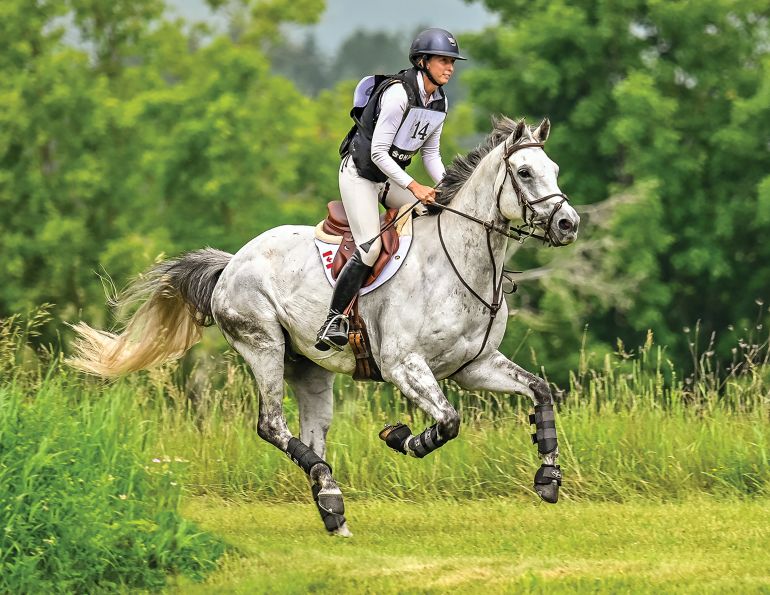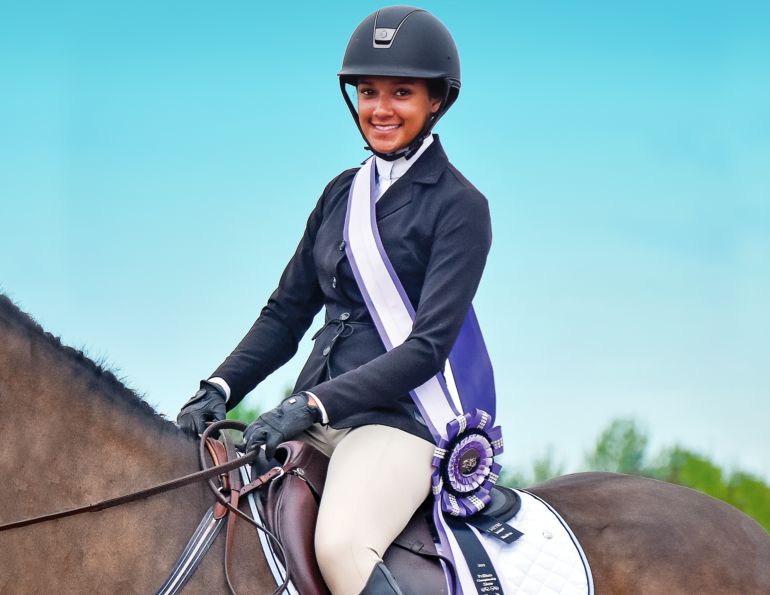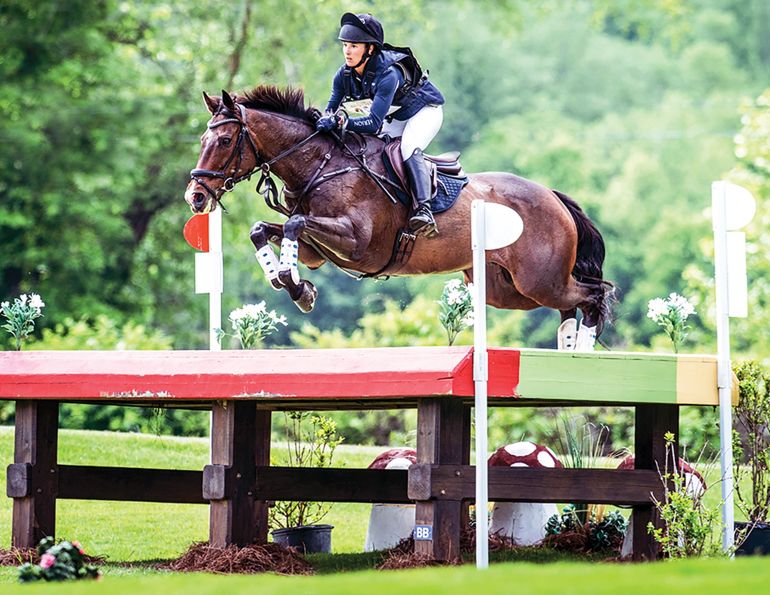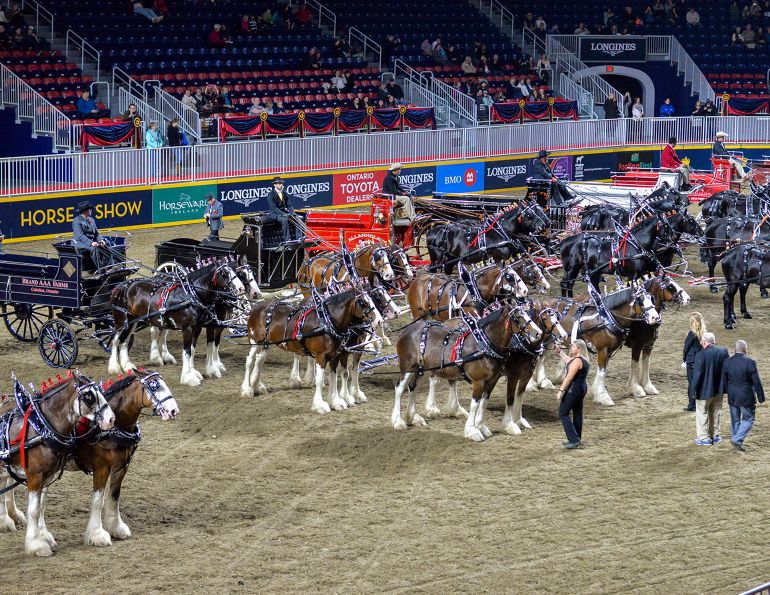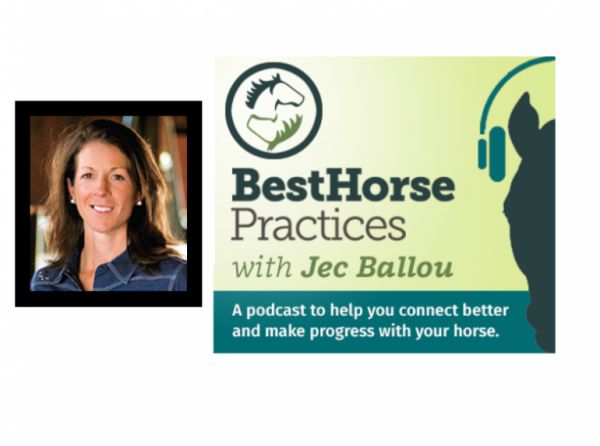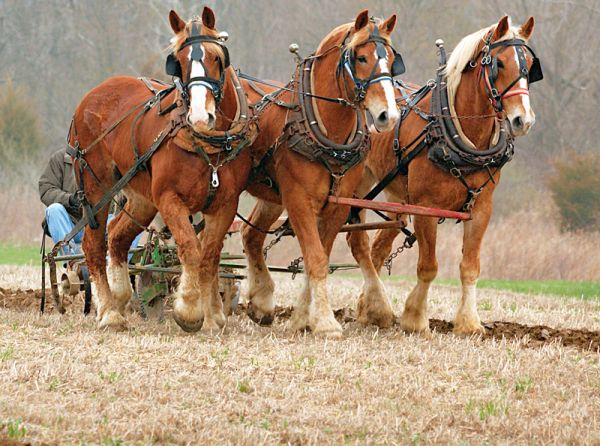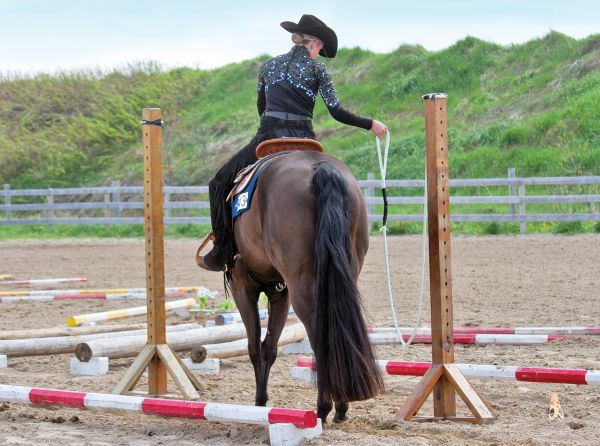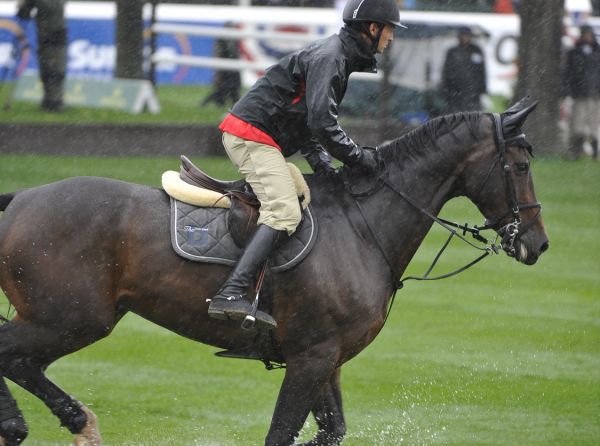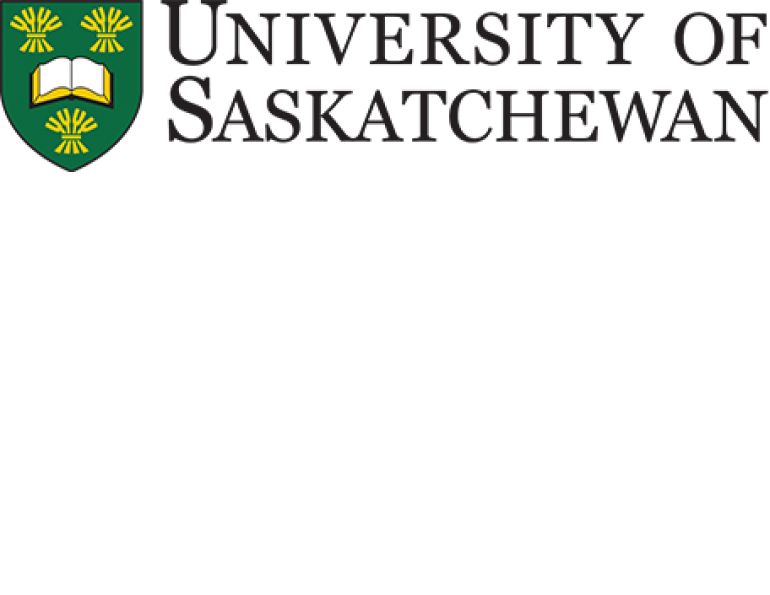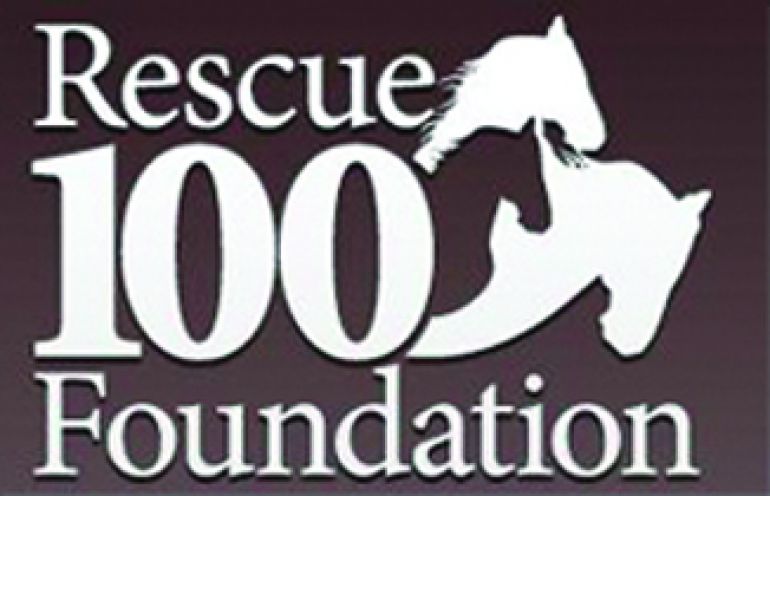Equestrian Canada
The Equestrian Canada (EC) Coach Status program is part of a collective commitment to safety for human and equine athletes and excellence in instruction and coaching. Standards for earning and maintaining coaching designations help protect athletes, coaches, and our industry.
Responding to the growing demand for oversight and accountability, in 2018 Sport Canada mandated all national sport organizations implement enhanced standards for the screening and training of coaches. With a goal of creating safe, welcoming, and inclusive environments where athletes can flourish, EC acted on this Canadian sport directive by creating the EC Coach Status program.
In doing so, EC understands there have been challenges in the roll out of the program as well as some misunderstanding in the requirements for it. To meet compliances and to reach the required standards that are commonplace for other sports in the country, moving to mandatory certification for competitive coaching by 2025 remains the overall goal.
The EC Coach Status program complements the already established National Coaching Certification Program (NCCP) managed by the Coaching Association of Canada and is delivered in partnership with Provincial and Territorial Sport Organizations across the country. Those working toward NCCP certification are eligible for EC Registered Coach Status, while those with valid NCCP certification or equivalent are eligible for EC Licensed Coach Status.
For the Coach Status program, a coach is defined as a person who provides direct instruction to athletes with the aim of improving their riding, driving, or handling abilities, and who is responsible to ensure activities are safe and developmentally appropriate. It is inclusive of individuals who identify themselves as coaches, instructors, and/or trainers of human athletes, and applies regardless of the relationship between the coach and the athlete.
EC Coach Status provides athletes, caregivers, and facility owners a greater degree of assurance knowing that important standards for safety including Safe Sport training, First Aid/CPR, background screening, references, and liability insurance coverage have been achieved and maintained by a coach.
Related: The Horse Welfare Alliance of Canada

Photos (above/below): Shutterstock/Peter Titmuss

New for the 2023 competition season, as of July 1 organizers began validating Coach Status at sanctioned competitions. They do so with password protected access to a list of EC Registered and Licensed coaches within the EC Competition Organizer portal. While Stewards have the capability to check and validate coach statuses, it is not an expectation or requirement as their role. The focus is on maintaining the safety, health, and welfare of participants in and around the field of play.
Related: "Just" a School Horse
Related: Riding Horses After Sixty
As part of the five-year coach program implementation, Registered Status is now the minimum requirement for Bronze and Silver sanctioned events and Licensed Status is required for Gold and Platinum events. Recognizing that some coaches may not have completed their EC Coach Status requirements when enforcement began on July 1, 2023, the EC Board approved Temporary Coach Status for the 2023 show season. EC anticipates a temporary status will also be implemented for 2024. In 2025, all coaches at all levels of sanctioned shows must hold Licensed Coach Status.
Temporary coaching fees are applicable for anyone without the required status at each level of event. These fees have been imposed as a way to both support those coaches that have completed their training and to encourage those that still need to begin or complete their coaching requirements. Temporary coaching fees collected are all directly designated to funding coach education programs.
Those who have a valid EC Coach Status are required to purchase a temporary status at the cost of $100 per event. Those with Registered Coach Status must temporarily upgrade their status at the cost of $25 per Gold or Platinum FEI-sanctioned event.
Numerous questions have arisen in the community with the increasing implementation of the program which began in 2021, and now with the enforcement of verified Coach Status at sanctioned events in 2023. Here are a few clarifications:
What are the consequences of a coach not holding any coach status at events?
Currently, the validation of Coach Status is not digital. Events are manually verifying a coach’s status. If an athlete provides the name of a coach on their entry that does not hold the appropriate status (licensed, registered, or temporary), then that coach will not be in compliance with EC rules. Consequences will be determined for both coach and rider including point invalidation or enforcement of Not in Good Standing status and not being permitted to participate.
What if someone puts a coach on their entry form, but they are not their coach?
If someone is found to have provided false information on their entry form, their points from the event in question may be invalidated. Example: An athlete indicates on their entry that they are self-coached, but in fact are being coached by an individual that does not hold the required credentials for the event.
I am self-coached and don’t have a coach that attends competitions with me. Do I have to have status?
All athletes regardless of age, sport licence grade, or level of event are absolutely permitted to be self-coached. Simply indicate “self” in the coach field on an entry. Self-coaching does not require athletes to hold Coach Status nor to purchase a Temporary Coach Status and does not affect amateur status in any way.
I am a very involved parent and assist my child at shows. Do I need to hold Coach Status including paying for a Temporary Status?
A parent, family member, or friend is only considered a coach if the definition as outlined in the Program (outlined earlier in the article) applies to their relationship. A person helping an athlete in a non-coaching capacity — such as setting fences in a warm-up ring only as directed by the athlete, providing grooming services, or offering emotional-support — is not considered a coach and is not subject to EC Coach Status requirements.



EC is committed to offering environments where everyone can enjoy the benefits and joys of participating in equestrian sport. Coaches are central and instrumental to the success and growth of our industry and EC wishes to walk alongside them to uphold standards and professionalism that keep everyone safe and well.
EC appreciates that it can be challenging to understand and navigate the evolving coach requirements and wants to work with our community. If you didn’t find the answers to your questions about coaching and competitions, or if you require assistance at any time, EC encourages you to reach out — staff are there to help!
- For questions regarding the EC Coach Status program/applications and for ECampus assistance, please contact the EC Coaching Team at coaching@equestrian.ca.
- For questions regarding EC Temporary Coach Status, EC-sanctioned competitions, and results submission requirements, please contact the EC Competition Services Team at competitions@equestrian.ca.
- For more information on the Coach Status Program, click here.
Related: Equestrian Canada's 2023 Study - Canada's Vibrant Horse Industry
Main Photo: Clix Photography








